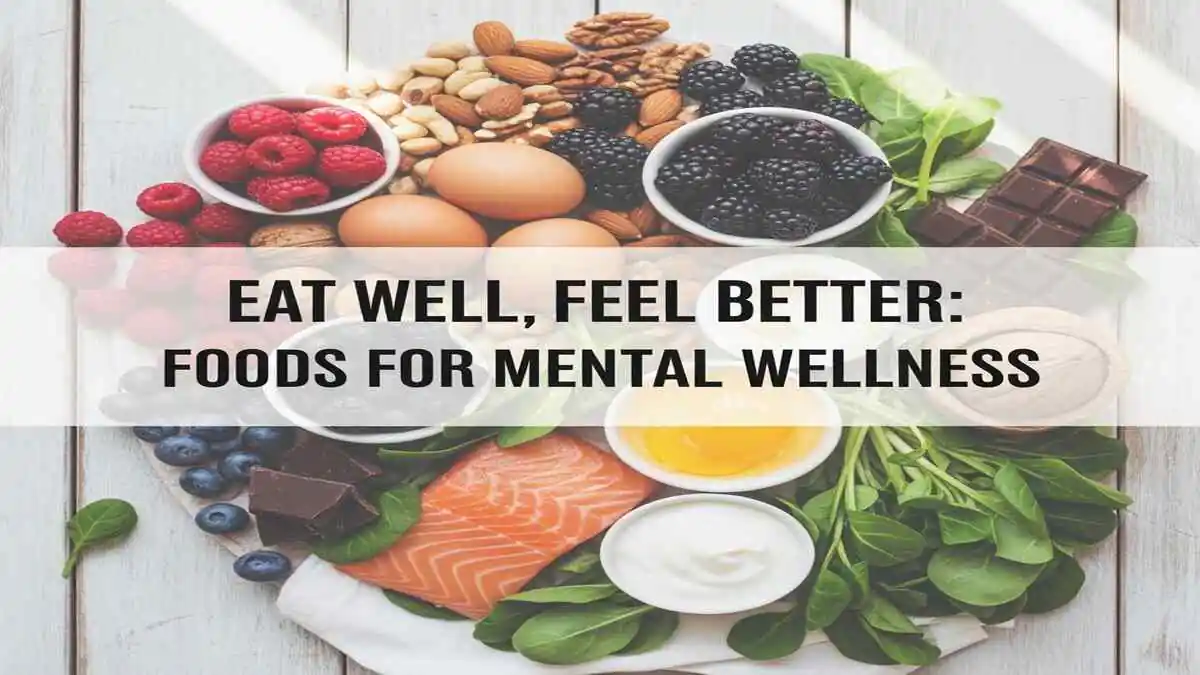
What if the best foods that improve mental Wellness are already in your kitchen?
In today’s fast-paced world, we often overlook simple solutions to stress, anxiety, and emotional imbalance. But what you eat every day can significantly influence your mental well-being.
Science shows that certain nutrients support brain chemistry, manage inflammation, and even impact your gut — which in turn affects your mood and focus. That means your diet might be one of the most powerful tools for mental wellness. Let’s explore 10 everyday foods that improve mental health and how to easily include them in your daily routine.
Contents
Why Foods That Improve Mental Wellness Actually Work
Your brain consumes about 20% of your daily energy. To perform well, it needs quality fuel — and that comes from nutritious food, including foods that improve mental wellness . Here’s why:
Your brain consumes about 20% of your daily energy. To perform well, it needs quality fuel — and that comes from nutritious food. Here’s why:
- Neurotransmitters (like serotonin and dopamine) are made from nutrients in food.
- Inflammation affects brain function, and diet can reduce or increase it.
- The gut-brain axis connects digestion to mental health — gut-friendly foods boost mood.
Top 10 Foods That Improve Mental Wellness
1. Fatty Fish – Packed with Brain-Boosting Omega-3s
Fish like salmon, mackerel, and sardines are rich in omega-3 fatty acids (EPA and DHA), which support brain function and mood balance.
Why it matters:
Omega-3s reduce brain inflammation and support cell membranes. Studies link high omega-3 intake to lower risk of depression and anxiety.
Quick tip: Aim for 2 servings of fatty fish per week. Not a fan of seafood? Try flaxseeds, chia seeds, or algae oil.
2. Leafy Greens – The Green Guardians of Emotional Health
Spinach, kale, and Swiss chard are loaded with folate, magnesium, and vitamin K — nutrients linked to improved memory and emotional regulation.
Why it matters:
Low folate is associated with depression, and magnesium helps regulate stress hormones.
Bonus: Greens are full of antioxidants that protect your brain from damage.
3. Whole Grains – For Steady Energy and Balanced Moods
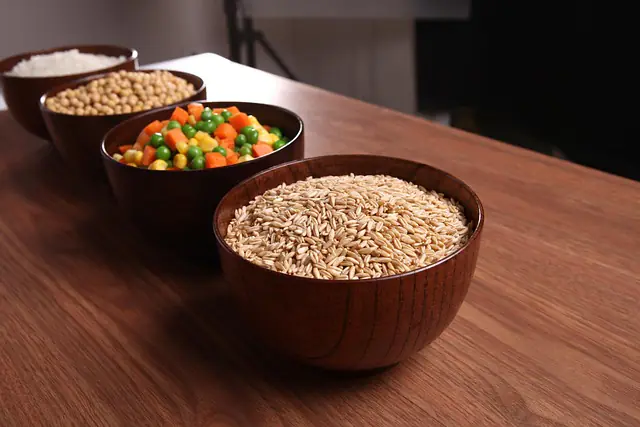
Brown rice, oats, quinoa, and whole wheat provide slow-digesting carbs that give your brain steady fuel.
Why it matters:
Carbs aid the absorption of tryptophan, which converts into serotonin — the “feel-good” hormone.
Tip: Choose unprocessed grains without added sugars for the best results.
4. Berries – Small but Powerful Mood Boosters
Blueberries, strawberries, and raspberries are packed with antioxidants and vitamin C.
Why it matters:
Studies show berry consumption can improve memory, mental clarity, and reduce depression symptoms.
Pro tip: Add berries to oatmeal or smoothies for a delicious mental health boost.
5. Nuts and Seeds – Your Brain’s Best Snack
Almonds, walnuts, pumpkin seeds, and sunflower seeds offer vitamin E, selenium, zinc, and healthy fats.
Why it matters:
Vitamin E protects against cognitive decline, while zinc and selenium support mood stability.
Snack smart: A small handful of mixed nuts a day is enough.
6. Yogurt and Fermented Foods – For a Healthy Gut and Mind
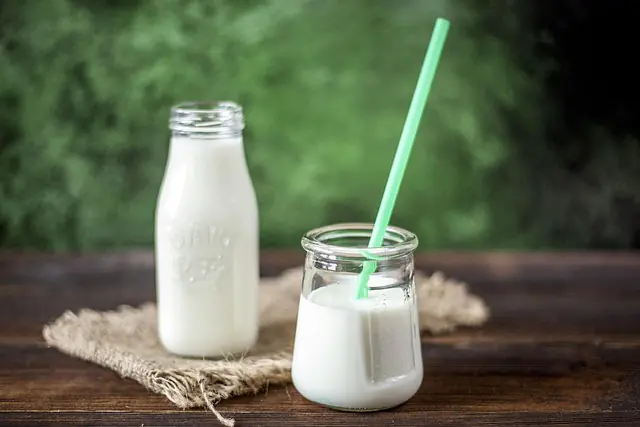
Yogurt, kefir, kimchi, sauerkraut, and kombucha provide probiotics that support your gut-brain axis.
Why it matters:
Research suggests probiotics help reduce anxiety, depression, and enhance clarity.
Tip: Choose unsweetened, plain yogurt for the most benefits.
7. Bananas – Nature’s Mood Booster
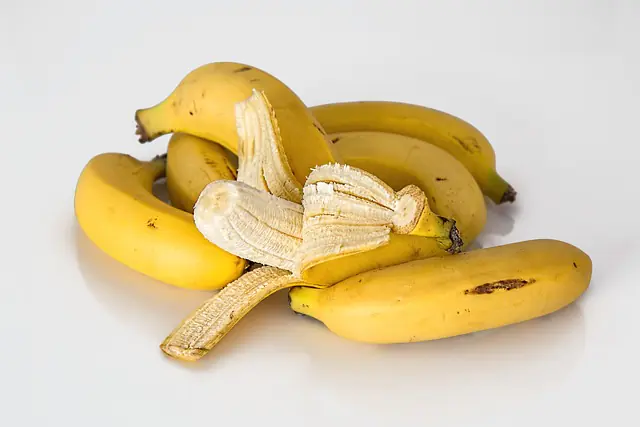
Bananas contain B6, fiber, and natural sugars — all of which support serotonin production.
Why it matters:
Vitamin B6 is crucial for creating dopamine and serotonin — key to emotional balance.
Good to know: Riper bananas have higher natural sugar that’s balanced by fiber for steady energy.
8. Dark Chocolate – A Healthy Treat for the Brain
Dark chocolate (70% cocoa or higher) includes flavonoids, theobromine, and a small amount of caffeine.
Why it matters:
These compounds improve blood flow to the brain and stimulate endorphin production.
Mindful tip: One or two small squares daily is enough. Skip sugary milk chocolate.
9. Eggs – Complete Nutrition for the Mind
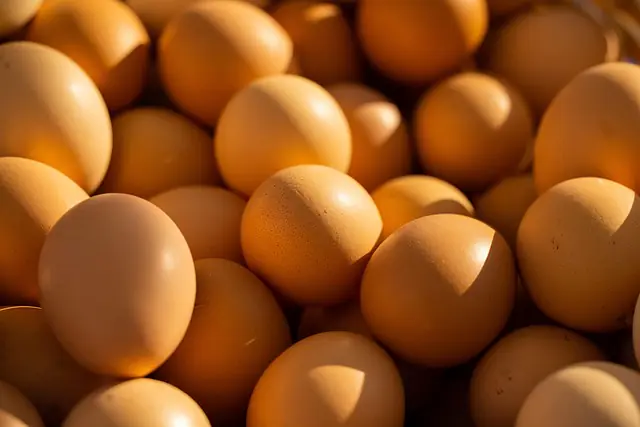
Eggs are rich in choline, B vitamins, zinc, and protein — all essential for brain development and function.
Why it matters:
Choline aids memory, and B vitamins help manage stress and fatigue.
Quick tip: One egg per day is an easy, nutrient-dense choice.
10. Green Tea – Calm Alertness in a Cup
Green tea contains L-theanine, which promotes calm focus without the crash of coffee.
Why it matters:
The mix of L-theanine and caffeine enhances mood and alertness — perfect for midday.
Tip: Sip it in the afternoon to reduce anxiety and stay sharp.
Simple Meal Ideas Using Foods That Improve Mental Health
Want to put these tips into practice? Try these combos:
- Breakfast: Oatmeal + berries + banana + flaxseeds
- Lunch: Quinoa salad with leafy greens, avocado, nuts, grilled salmon
- Snack: Yogurt + sunflower seeds + a square of dark chocolate
- Dinner: Stir-fried vegetables + brown rice + egg
- Drink: Green tea or a probiotic smoothie
Frequently Asked Questions (FAQs)
Q1: Can food really improve my mental wellness?
Yes! Research shows that certain nutrients (like omega-3s, B vitamins, and probiotics) directly influence brain chemistry, inflammation, and gut health — all of which affect your mood, focus, and stress levels.
Q2: How quickly can I notice changes in my mood after eating brain-friendly foods?
Some people notice improvements in energy and focus within days, but for deeper effects like reduced anxiety or better emotional balance, consistency is key — think weeks to months.
Q3: Are supplements as effective as whole foods?
Whole foods are generally better because they provide a mix of nutrients, fiber, and antioxidants. Supplements can help if you have a deficiency but consult a doctor or dietitian first.
Q4: Is dark chocolate healthy for daily consumption?
Yes, if eaten in moderation. Choose 70% cocoa or higher and limit yourself to 1–2 small squares per day to enjoy the benefits without excess sugar.
Q5: I’m vegan. Can I still get all the nutrients mentioned in this article?
Absolutely! You can swap fatty fish for chia seeds or algae oil (omega-3s), yogurt for plant-based fermented foods, and eggs for tofu or fortified plant products.
Q6: Can changing my diet replace therapy or medication for mental health issues?
No — food is a powerful complement, not a replacement. If you’re struggling with mental health challenges, seek professional help while also improving your diet.
Q7: Are there foods I should avoid for better mental wellness?
Yes — limit highly processed foods, refined sugars, and excessive alcohol. These can cause blood sugar spikes and inflammation, which may worsen anxiety or depression.
Q8: Can children and teens benefit from these foods?
Definitely. A nutrient-rich diet can improve focus, mood, and academic performance in kids — just adjust portion sizes for their age.
Final Thoughts: You Don’t Need a Perfect Diet — Just a Mindful One
Improving your mental health doesn’t require extreme diets or expensive supplements. By including more of these foods that improve mental wellness, you take small, meaningful steps toward long-term emotional wellness. Start with one brain-friendly food this week. Over time, those small habits will add up to big changes.
Ready to Fuel Your Mind and Body? If you found these brain-boosting foods helpful, there’s more you can do to support your mental well-being!
- 👉 Discover how quality sleep enhances mental clarity
- 👉 Build daily habits for lifelong physical & emotional wellness
References & Sources
- Harvard T.H. Chan School of Public Health. Omega-3 Fatty Acids: An Essential Contribution.
- National Institutes of Health (NIH) – Office of Dietary Supplements. Magnesium: Fact Sheet for Health Professionals.
- Harvard Health Publishing. Nutritional Psychiatry: Your Brain on Food.
Disclaimer: This article is for informational purposes only and should not be considered medical advice. Always consult a qualified healthcare provider before making significant changes to your diet, especially if you have an existing medical condition or mental health concern.
Founder of My Health Tech Talk. He is a health informatics professional, researcher, and graduate assistant with a passion for digital health and innovation, medical tourism and health tips. Learn more about author and his mission on the About Us page


